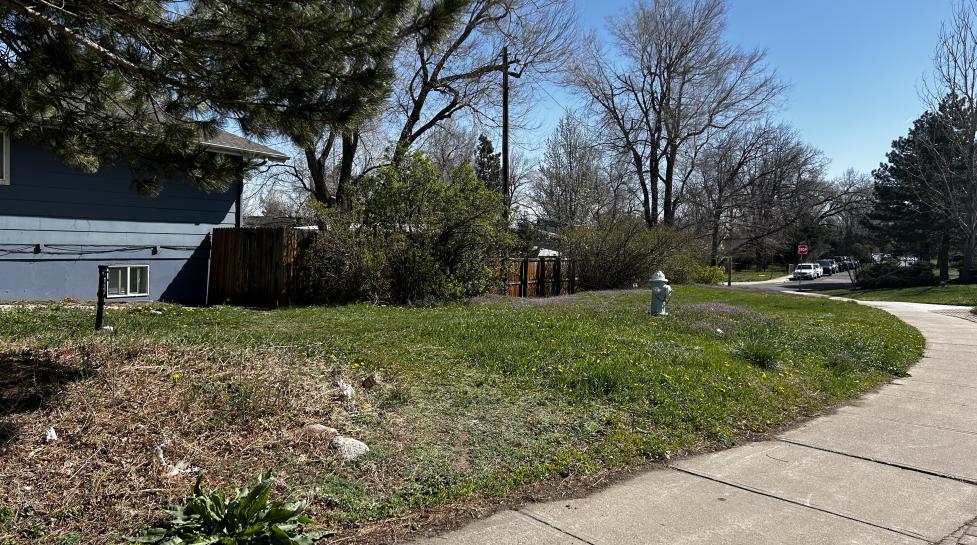Community members encouraged to visit throughout the project
The City of Boulder is beginning to test three different sustainable ways to remove and replace non-native bluegrass with water-efficient, native grasses at the northeast corner of Baseline Road and 30th Street. The project supports the city's goals for systemic change toward climate action by using water sustainably and will inform future projects on private and public lands across Colorado.
“There is growing community interest in learning how to replace water-intensive grasses in sustainable, vibrant ways that are good for our planet and our wallets,” said Community Engagement Senior Program Manager Laurel Olsen. “We appreciate our community’s support and the state for making this project possible.”
The three removal methods are sheet mulching, which is layering organic materials over grass; solarization, which is laying plastic sheeting over grass; and hand removal of grass. The city will reseed the hand-removed plot this August and will reseed the other two plots next year, as they have a longer removal process. While the site won’t be fully vibrant until late 2025, after all three sections are reseeded, community members are encouraged to visit throughout the project.
This project is part of the city’s 2023 Water Efficiency Plan to support water conservation, which includes a demonstration site for sustainably replacing grass. The Colorado Water Conservation Board provided the city with state grant funds for grass replacement, with a portion of funds dedicated to this project. Learn more and find virtual updates on the Sustainable Grass Conversion webpage. For Boulder water conservation resources, visit the Water Conservation webpage.
